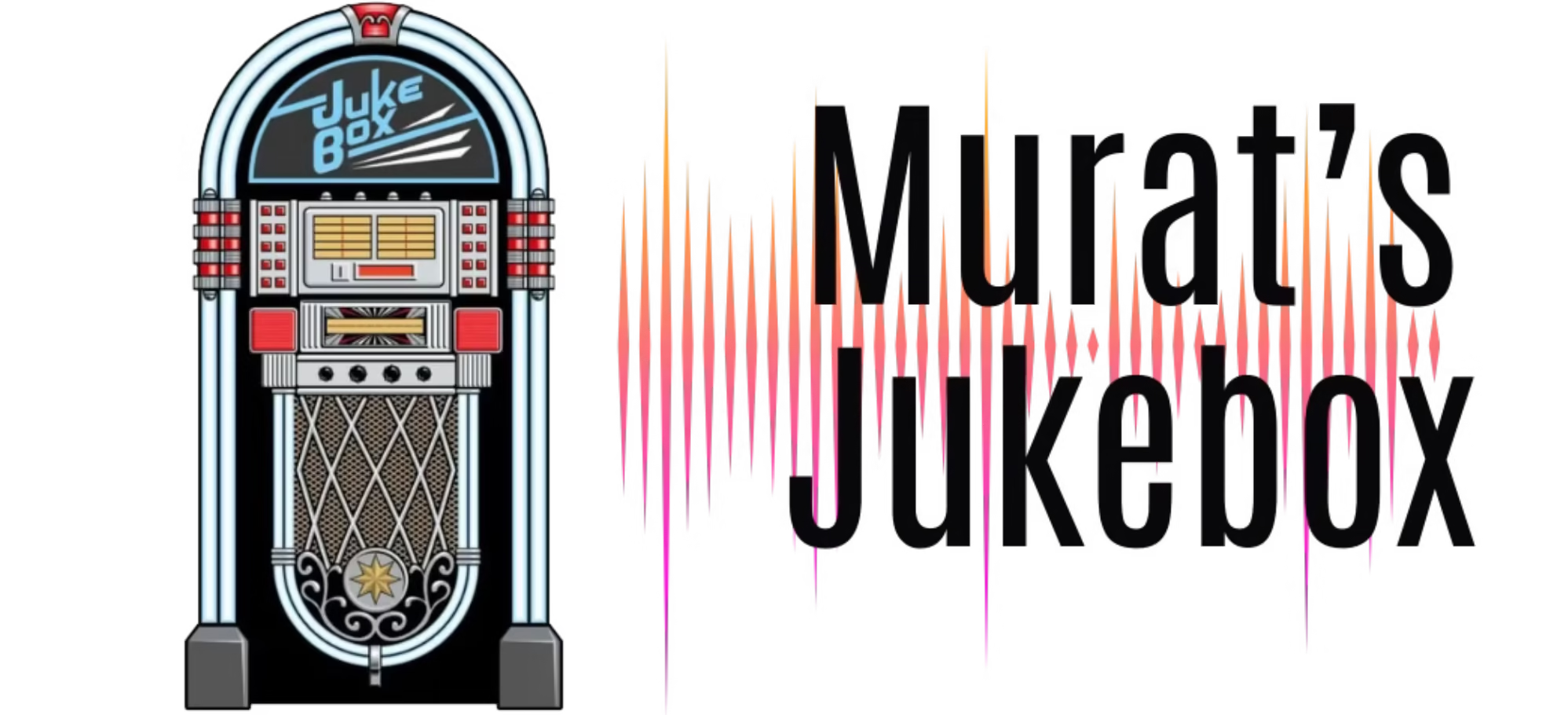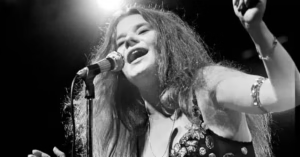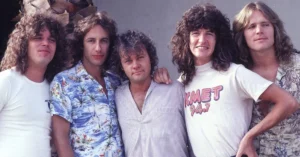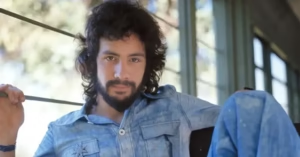Traffic: Masters of Eclectic Sound and British Rock Fusion
Traffic. Formation and Early Years
Traffic was formed in 1967 in England by a group of talented musicians from the vibrant London music scene. The founding members included Steve Winwood (vocals, keyboards, guitar), Jim Capaldi (drums, vocals), Chris Wood (flute, saxophone, keyboards), and Dave Mason (guitar, vocals). The band emerged as a key figure in the psychedelic and progressive rock scenes of the late 1960s, blending diverse musical styles into a unique and sophisticated sound.

Steve Winwood, already a prominent figure from his work with the Spencer Davis Group, was central to Traffic’s sound, bringing a soulful voice and virtuoso musicianship. Jim Capaldi contributed powerful drumming and sharp lyrics, while Chris Wood’s multi-instrumental skills added texture and depth. Dave Mason’s songwriting and distinctive guitar work gave the band further versatility.
Traffic. Musical Style and Characteristics
Traffic’s sound is notable for its:
- Fusion of rock with jazz, folk, blues, and psychedelia
- Complex yet accessible songwriting with rich melodic and harmonic layers
- Prominent use of flute and saxophone by Chris Wood, adding a jazzy, pastoral vibe
- Soulful, expressive vocals from Steve Winwood and occasional harmonies with other members
- Experimentation with song structure and instrumentation, reflecting the progressive spirit of the era
- Lyrics often exploring themes of love, spirituality, social commentary, and introspection
Their music transcended simple genre classifications, appealing to fans of rock, jazz fusion, and progressive music alike.
Traffic. Key Albums and Career Highlights
Mr. Fantasy (1967)
Traffic’s debut album is a psychedelic and blues-infused classic featuring tracks like “Dear Mr. Fantasy,” “Hole in My Shoe,” and “Paper Sun.” The album established their reputation for eclecticism and musicianship.
Traffic (1968)
Also known as Heaven Is in Your Mind, this album showed the band evolving with more jazz and folk influences, with standout tracks like “Medicated Goo” and “Shanghai Noodle Factory.”
John Barleycorn Must Die (1970)
A pivotal album that marked a shift towards a more mature and cohesive sound after Dave Mason’s departure. The album blends rock, folk, and jazz and includes tracks such as “John Barleycorn” (a traditional folk adaptation), “Glad,” and “Freedom Rider.” This album is often regarded as one of their finest works.
The Low Spark of High Heeled Boys (1971)
Another landmark album, this record features extended jams and progressive arrangements. The title track and “Rock & Roll Stew” highlight their jazz-rock fusion and improvisational prowess.
Shoot Out at the Fantasy Factory (1973)
Continuing their exploration of complex arrangements and groove-heavy tracks, this album includes songs like “Roll Right Stones” and “Something New.”
When the Eagle Flies (1974)
Traffic’s final studio album before their initial breakup, it features a more reflective tone with tracks like “Walking in the Wind” and “When the Eagle Flies,” showcasing their lyrical depth and musical sophistication.
Traffic. Legacy and Influence
- Traffic is widely recognized as a pioneer of the jazz-rock fusion and genres.
- Their fusion of folk, jazz, and psychedelic elements expanded the sonic boundaries of 1960s and 70s rock.
- Steve Winwood’s multi-instrumental talent and soulful vocals influenced countless musicians in rock and beyond.
- The band’s sophisticated songwriting and instrumental interplay have earned them critical acclaim and a dedicated fanbase.
- Their work paved the way for later progressive rock and fusion bands.
- Traffic’s members went on to successful solo careers and collaborations, with Steve Winwood especially achieving major success.
Traffic. Interesting Facts
- Dave Mason had an on-again, off-again relationship with the band, leaving and rejoining multiple times during their early years.
- Steve Winwood was just 18 when Traffic released their debut album but was already a seasoned musician.
- Traffic’s music was known for extended live jams, showcasing their improvisational skills.
- The band briefly reunited in the 1990s and early 2000s for tours and new recordings.
- Their blend of genres made them stand apart from many of their contemporaries in the British rock scene.
Select Discography
- Mr. Fantasy (1967)
- Traffic (1968)
- John Barleycorn Must Die (1970)
- The Low Spark of High Heeled Boys (1971)
- Shoot Out at the Fantasy Factory (1973)
- When the Eagle Flies (1974)
Traffic remains a landmark band whose innovative fusion of styles and masterful musicianship have left a lasting imprint on rock history.





